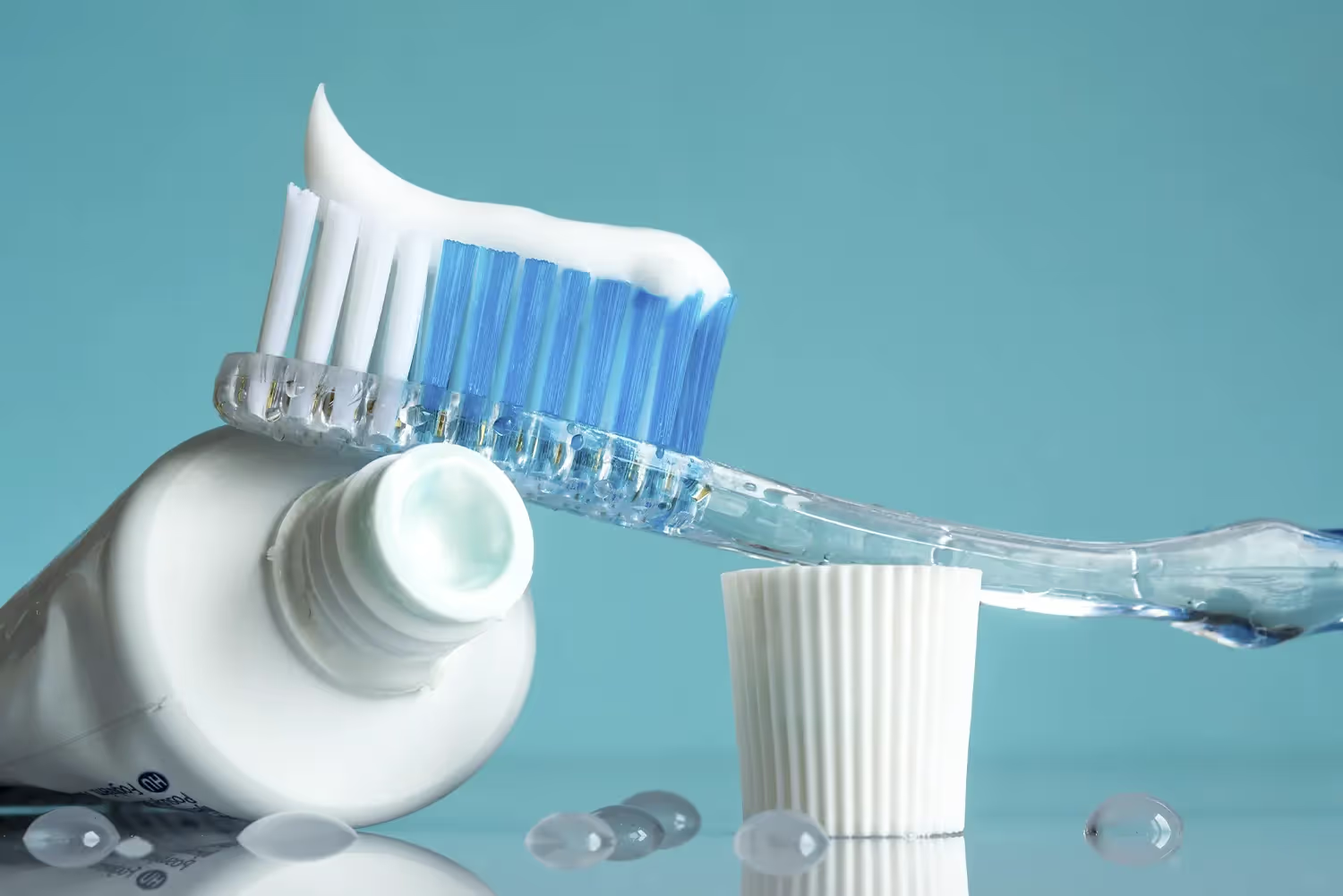
In the realm of dental health, the interconnectedness of the body's systems often goes unnoticed. One such connection is the relationship between Temporomandibular Joint (TMJ) disorders and ear pain. This blog post delves into the intricate relationship between these two seemingly unrelated conditions, shedding light on the importance of comprehensive dental care.
Understanding TMJ Disorders
Temporomandibular joint disorders, commonly known as TMJ disorders, are a group of conditions that cause pain and dysfunction in the jaw joint and the muscles controlling jaw movement. These disorders can result from a variety of factors, including:
- Jaw injury
- Teeth grinding or clenching
- Arthritis in the jaw joint
- Stress, which can cause a person to tighten facial and jaw muscles or clench the teeth
The symptoms of TMJ disorders are diverse, ranging from pain in the jaw area to difficulty chewing. However, one lesser-known symptom is ear pain, which leads us to the connection between TMJ disorders and ear pain.
The Connection Between TMJ & Ear Pain
The Temporomandibular joint is located adjacent to the ear, and the structures of the ear and TMJ are closely intertwined. Consequently, any dysfunction or inflammation in the TMJ can affect the ear and lead to symptoms such as:
- Earaches or ringing in the ears (tinnitus)
- Feeling of fullness or pressure in the ear
- Dizziness or problems with balance
These symptoms can often be mistaken for an ear infection when, in fact, they are a result of a TMJ disorder.
Diagnosis & Treatment
Diagnosing TMJ disorders can be challenging due to the diverse range of symptoms and their overlap with other conditions. However, a skilled dentist or oral surgeon can usually identify these disorders through a combination of patient history, physical examination, and imaging tests.
Treatment for TMJ disorders typically involves a combination of approaches, including:
- Pain management with medications or heat/cold therapy
- Use of a mouth guard or oral splint
- Physical therapy exercises to strengthen jaw muscles
- In severe cases, surgical interventions may be necessary
The Importance of Consistent Dental Care
Regular dental care plays a crucial role in preventing and managing TMJ disorders. Dentists are often the first healthcare professionals to identify signs of these disorders, especially in patients who grind their teeth or have a misaligned bite. By addressing these issues early on, dentists can help prevent the progression of TMJ disorders and associated symptoms such as ear pain.
Find Relief in Redondo Beach
At Fulbright Dental, we understand the intricate connections between different aspects of oral health. Dr. Fulbright and Dr. Faist are committed to providing comprehensive dental care that addresses not just isolated issues, but the overall health and wellbeing of our patients. If you're experiencing ear pain or suspect you may have a TMJ disorder, don't hesitate to reach out to us at (310) 357-1266 to schedule an appointment. Your health is our priority.


Veneers 101 in Manhattan & Redondo Beach
Porcelain veneers are one of the most trusted ways to completely transform your smile. These thin, custom shells are placed on the front of your teeth to cover chips, stains, gaps, or uneven shapes. At Fulbright Dental, veneers are about more than just a cosmetic upgrade. Our doctors bring decades of experience in cosmetic and restorative dentistry, combining advanced techniques with an artistic eye. To take results even further, we partner with Master Ceramist Paulo Battistella, who helps design veneers that look natural and blend seamlessly with your smile. With our wellness-focused approach, you can expect veneers that not only look amazing but also support long-term oral health and a comfortable bite.


